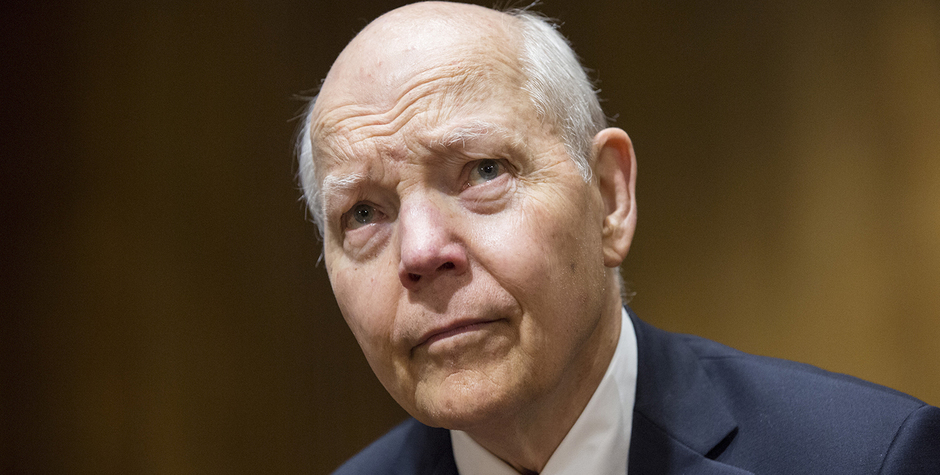Major Victory: IRS Ordered to Issue Outstanding Determinations & Answer for Political Targeting of Citizens
Three years after we filed a lawsuit on their behalf, and for some, nearly seven years after they submitted their applications for tax-exempt status, the grassroots conservative groups that were targeted by the IRS for their political views are finally receiving some of the relief to which they have long been entitled—determinations on those applications.
In early August, the federal appellate court for the District of Columbia Circuit held that the plaintiffs who filed suit in Linchpins of Liberty, et al. v. United States, et al. in 2013 had set forth allegations sufficient to obtain actual evidence about the IRS’s targeting of conservative tax-exempt applicants based on their names and political positions. The D.C. Circuit thus reversed the decision of the district court (which had previously dismissed the claims on the grounds that the IRS had apparently ceased the targeting conduct) and sent the case back to the lower court, explaining that the IRS had failed to demonstrate that either the targeting scheme, or its effects on plaintiffs, had actually ended.
Last week, District Judge Reggie B. Walton held a status conference to resume the lower court proceedings in the case. While the IRS’s attorney once again took the position that most of the claims are moot because most of the plaintiff organizations have received determinations, the court picked up where the D.C. Circuit left off, and ordered that the IRS cease delaying determinations on any outstanding tax-exempt applications of Tea Party groups and other grassroots organizations. He gave the IRS thirty days to comply.
It will be seven years this December since one of our clients awaiting a final determination – Albuquerque Tea Party – submitted its tax-exempt application. Another client – Unite in Action – has been waiting six and a half years since filing its application in May 2010. As a result of Judge Walton’s order, these years-long application processes are finally concluding, and the organizations are receiving the review and determinations they deserve. This is a major victory.
Judge Walton also agreed with our position, affirmed by the appellate court, that the IRS cannot obtain dismissal of the case simply by issuing the remaining determinations but must also produce evidence showing that any negative effects of the targeting on plaintiffs have been completely and irrevocably eradicated. Specifically, we urged, and the court agreed, the IRS must answer such questions as: What was the determination process prior to the targeting? How and why did the targeting begin? What treatment did plaintiffs’ applications receive during the targeting? What assurances are currently in place that plaintiffs will not suffer further retaliation or discriminatory treatment at the hands of the IRS?
As a result of this order, the IRS will, at long last, be required to disclose the details of the lawless and unconstitutional Tea Party targeting scheme. The court’s requirement that the IRS give account for its conduct is a tacit acknowledgment that plaintiffs—as well as the American public—deserve honesty and transparency from their government.
We are pleased that the court has taken this first step and look forward to a resolution of this case that will hopefully include the first judicial acknowledgment of the unmistakably unconstitutional nature of the IRS’s egregious political targeting of U.S. citizens.
Since 2013, the ACLJ has represented more than 41 groups from 22 states across the country in our lawsuits against the IRS. Today, we represent 38 groups in federal court, seeking to hold the IRS and Obama Administration officials accountable.
Stand with us today and sign the petition to End the IRS Abuse here.
